Safaricom and the Kenya Bankers Association (KBA) have proposed that Pesalink become the preferred next-generation fast payment system (FPS) in Kenya, arguing for an industry-led solution to streamline digital payments. The recommendation, outlined in a proposal submitted by both parties, calls for Pesalink’s existing infrastructure rather than creating a new FPS or relying on multiple private switches.
Pesalink, operated by the KBA through its fintech arm, Integrated Payment Services Limited (IPSL), currently supports $8.5 billion (KES1.1 trillion) in Kenya’s digital payments. According to the proposal, using Pesalink as the foundation for the national FPS would ensure seamless interoperability across different payment platforms, such as banks, mobile money operators like M-Pesa, and fintechs. This would bridge the gaps in Kenya’s fragmented payments landscape, which often sees mobile money platforms operating separately from traditional financial institutions.
“In this scenario, CBK, banks, mobile money operators, switches, SACCOs and fintechs use an existing industry player,” Safaricom and KBA said in the proposal. “In effect the existing industry player, in this case IPSL, is designated as the FPS, making the required changes required to meet the requirements for neutrality.”
The proposal comes as Kenya’s digital payments ecosystem grows increasingly complex. Banks, SACCOs (Savings and Credit Cooperative Organizations), and fintechs each rely on private agreements to connect to mobile money systems. This patchwork structure has led to varying transaction fees and inconsistent service quality. Safaricom and KBA argue that leveraging Pesalink’s existing framework will help standardize the system and reduce transaction costs for users and businesses alike.
Why Pesalink?
Developing a new FPS infrastructure from scratch, the two parties suggest, could cost at least $200 million (KES 25.9 billion) and take up to four years to complete. Upgrading Pesalink is cheaper, allowing for faster deployment of the new system while minimizing financial outlay.
However, the proposal also acknowledges that Pesalink would need to be upgraded to meet the needs of a nationwide FPS. Safaricom and KBA stated that Pesalink must handle at least 6,000 transactions per second and enhance its capabilities to ensure interoperability across all payment platforms, along with better risk management and security features.
While Safaricom and KBA argue that upgrading Pesalink is the best way forward, they acknowledge that there are alternative models. One such model is the Colombian approach, which utilizes multiple private switches managed by a centralized regulator like the Central Bank of Kenya (CBK).
While this system is seen as a cost-effective option, the two parties suggest that it could lead to inconsistencies in service quality and governance, as multiple switches would complicate regulation and oversight.
“A more integrated payments ecosystem would support the growth of Kenya’s digital economy by making it easier for businesses and individuals to transact across different platforms. This aligns with the CBK’s vision for a unified and interoperable payments system, potentially simplifying regulatory oversight,” said Ali Hussein Kassim, Association of FinTechs in Kenya chairman.
Although the Central Bank of Kenya (CBK) has not yet decided on the proposed FPS upgrade, there is significant lobbying for the regulator to push for an upgrade to the existing infrastructure.
If the proposal is approved, the Pesalink system would undergo significant upgrades to support the anticipated volume of digital transactions. Safaricom and KBA envision a future where Pesalink can handle not just basic payments but more complex transactions, including cross-platform payments between mobile money providers, banks, and fintechs.



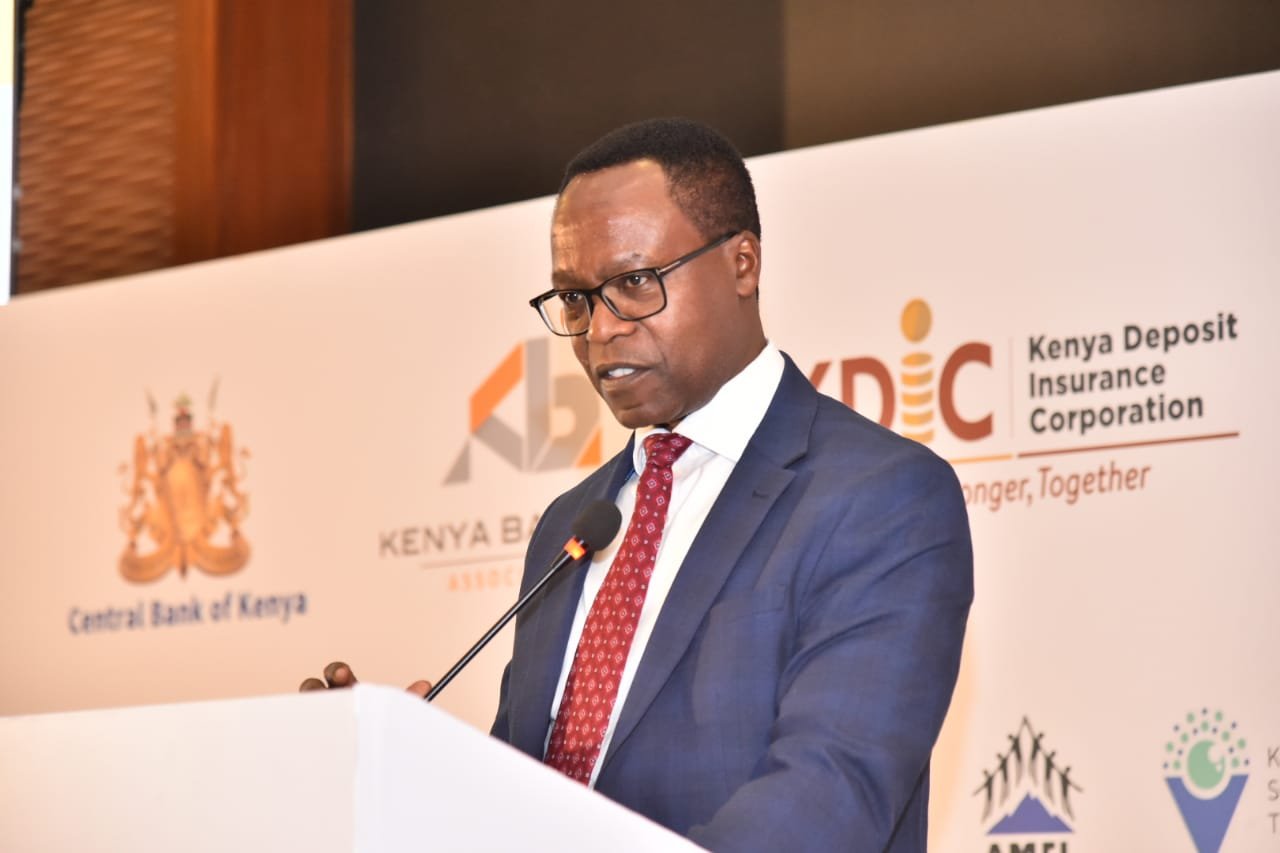


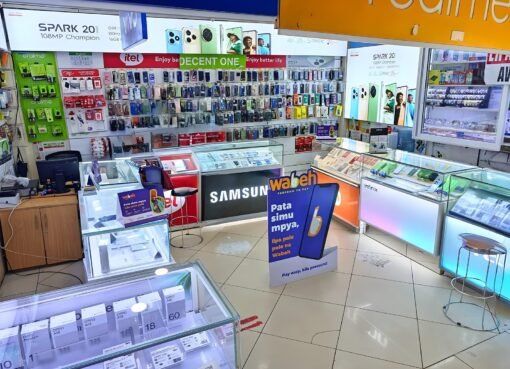






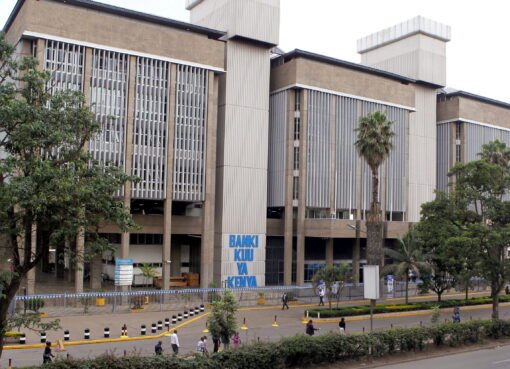
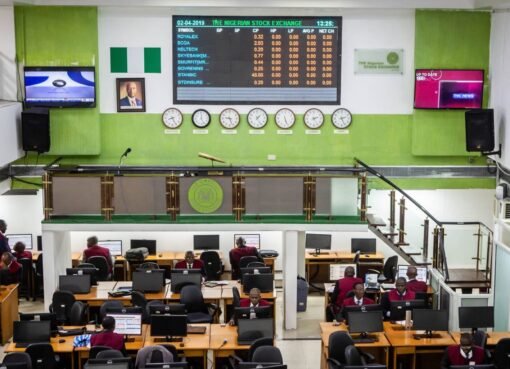




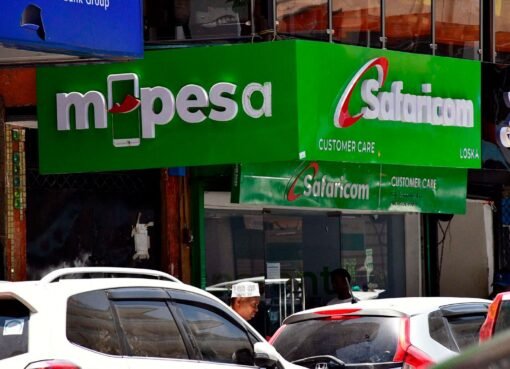









Comment here